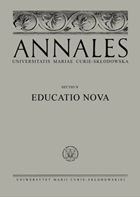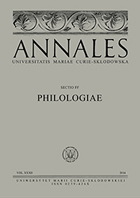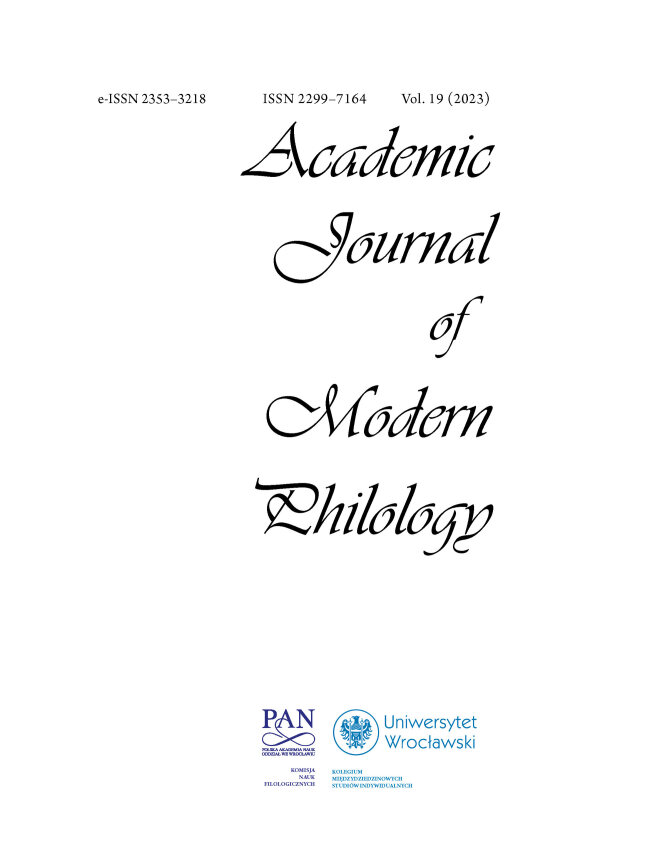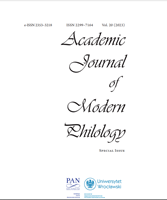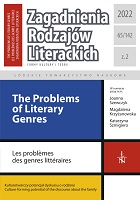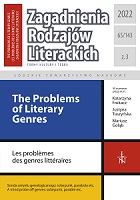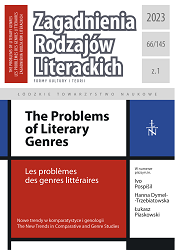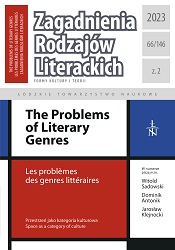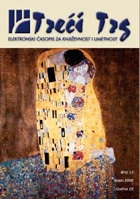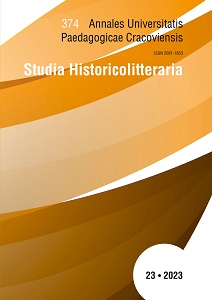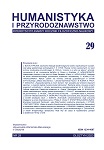Author(s): Michał Kokowski / Language(s): English
Issue: 20/2021
The article concerns the key problems of Polish ministerial lists of scientific journals, which are shown on the example of journals from the history and history of science, the idea of a new list according to the Unit for the Science of Science at the Institute for the History of Science (Polish Academy of Sciences) and the appreciation of the editorial and review activity in the Polish system of evaluation of scientific achievements.The fundamental flaw in the procedure for creating the lists of scientific journals of the Ministry of Science and Higher Education of the Republic of Poland (December 18, 2019) and the Ministry of Education and Science of the Republic of Poland (February 9, 2021 / February 18, 2021) is the lack of reference to the achievements of the science of science, although it was established in Poland in 1916–1939 and has been fruitfully developed in the world ever since.The bibliometric achievements of the 12 highest-scoring Polish journals from history, which received 100 points in the “List of journals of the Ministry of Education and Science of the Republic of Poland” (February 9, 2021 / February 18, 2021) were compared with the bibliometric achievements of the highest-scoring Polish journals from the sub-disciplines “history of science” or “history and philosophy of science”. Although they received only 40 points, they did not have fewer bibliometric achievements than Polish historical journals rated at 100 points.A comparison of bibliometric achievements of 18 Polish history journals indexed in Scopus showed that in 2019 and 2020, the journal Studia Historiae Scientiarum had the highest values of these indicators.On this basis, it is justified to claim that in the case of Polish journals in the discipline of “history” and sub-disciplines “history of science” and “history and philosophy of science”, the ministerial list of journals was built on the basis of non-objective and non-transparent rules. Such a critical remark also applies to the previous lists of journals of the Ministry of Science and Higher Education of the Republic of Poland, including the list of December 18, 2019.It is therefore necessary to: a) thoroughly improve the scores of Polish journals in the sub-disciplines “history of science” and “history and philosophy of science” in the short term, because maintaining such verdicts will lead to an unjustified depreciation of scientific achievements in the field of these sub-disciplines during the evaluation of Polish academic units, and b) develop a new Polish model for evaluating journals in the long term.Bearing in mind the achievements of the integrated science of science, in particular the method of correspondence thinking and the idea of scientific (r)evolution by Michał Kokowski, praxeological research in the spirit of Tadeusz Kotarbiński, scientific communication and the trend named the responsible metrics, a new model of journal evaluation is presented.The idea of objective measures of journal’s achievements and the costs of publishing in it are described: the journal’s achievement measure (JAM)©, the journal’s cost-effectiveness measure (JCEM)© and the normalized journal’s cost-effectiveness measure (NJCEM)©.This is followed by a presentation of Rules for the creation of lists of scientific journals according to the Unit for the Science of Science at the Institute for the History of Science (Polish Academy of Sciences)©.It is postulated that relevant appreciation of editorial and review activity in the Polish system of evaluation of scientific achievements should be introduced by modifying the current regulation on the evaluation of scientific achievements.
More...
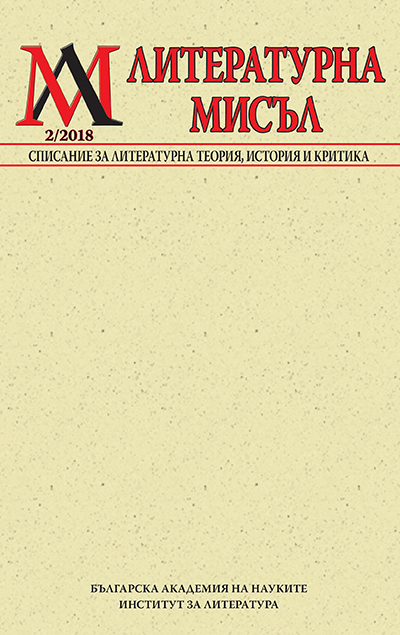

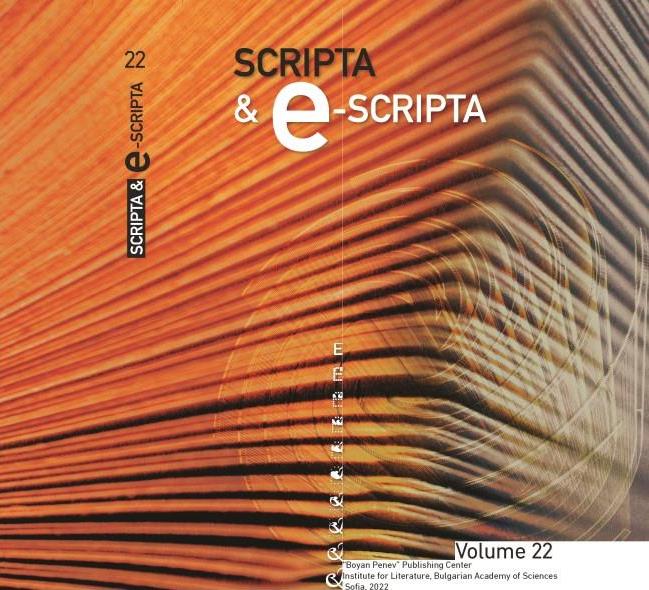
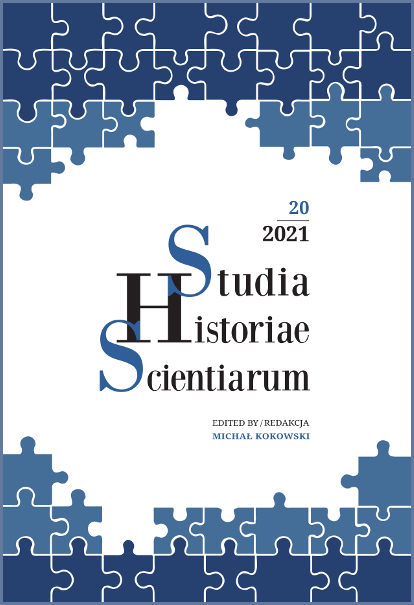
![Memory of the Holocaust in Henryk Grynberg’s volume of poetry Dowód osobisty [Personal ID]](/api/image/getissuecoverimage?id=picture_2023_80419.jpg)
